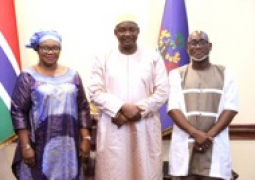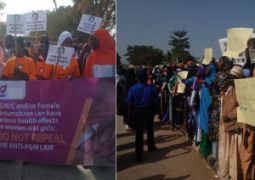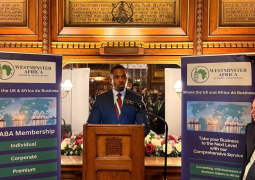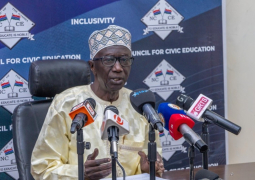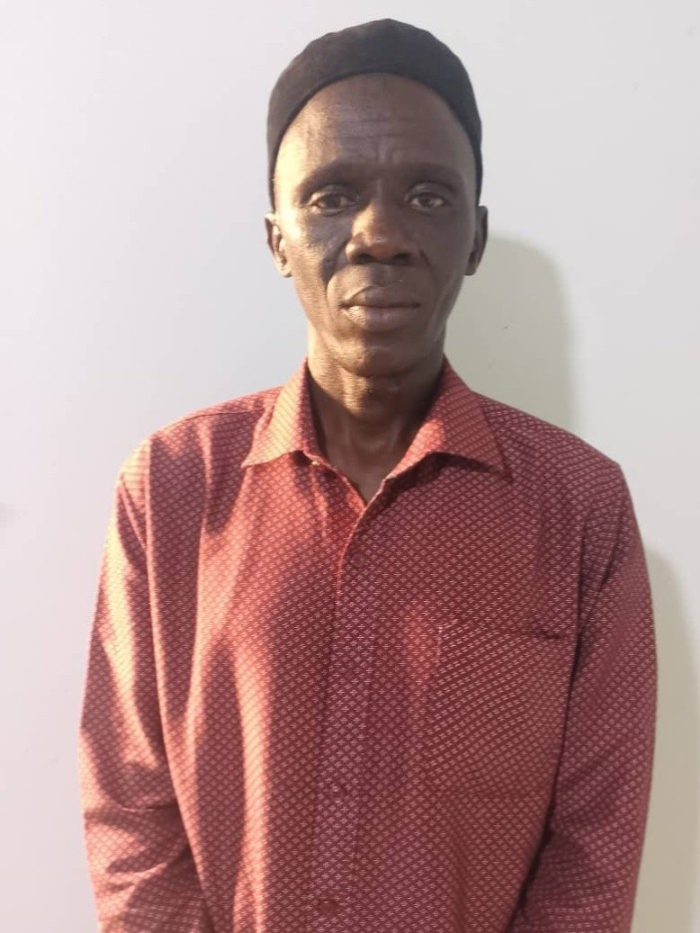
Out of 58 members, only five are women, four of whom were elected and one appointed. Meanwhile, 24 members are youths aged between 26 and 40 years, but none of the members are persons with disabilities.
Mr. Touray pointed out that during the 2022 parliamentary elections, only one physically challenged candidate, Honorable Lamin Manneh, contested as an independent in the Sanneh-Mentreng constituency. No political party nominated a candidate with a disability. He urged political parties to live up to their promises and policies by actively including women, youths, and persons with disabilities among their candidates.
He explained that the underrepresentation is largely due to various barriers and limitations that prevent these groups from reaching leadership positions. Nevertheless, efforts are being made to increase their presence in parliament, recognising the positive impact that diverse perspectives bring to policymaking and governance.
“The impact of this imbalance cannot be underestimated, as the lack of adequate representation may result in policies that fail to address the needs and concerns of all citizens fairly and effectively,” he said.
Mr. Touray emphasised the importance of a multi-pronged approach. This includes strengthening electoral processes to ensure the Assembly reflects the overall vote share more accurately, possibly through electoral reforms such as proportional or mixed-member proportional representation. He also stressed the need for strict campaign finance regulations to prevent undue influence from wealthy individuals or groups.
“’In addition, comprehensive civic education programmes are essential to raise awareness about the importance of political participation and to empower citizens, especially youths and persons with disabilities, to engage actively in politics. Supporting women’s representation through quotas, affirmative action, and strong support networks is equally critical.”
Mr. Touray also highlighted the importance of constitutional guarantees for equitable representation of all groups, including minorities and marginalised communities. Special mechanisms such as reserved seats or advisory bodies may be necessary to ensure the inclusion of underrepresented groups. Capacity-building opportunities and mentorship programs can further equip members of parliament to perform their roles effectively.
“Political parties must act on their promises and policies by actively including women, youths, and persons with disabilities in their candidate lists,” Mr. Touray said, underlining the gap between political rhetoric and reality.
He concluded by stressing that closing the representation gap requires intentional reforms and collective commitment, adding, “only through inclusive policies and active participation can we build a National Assembly that truly represents all Gambians.”


